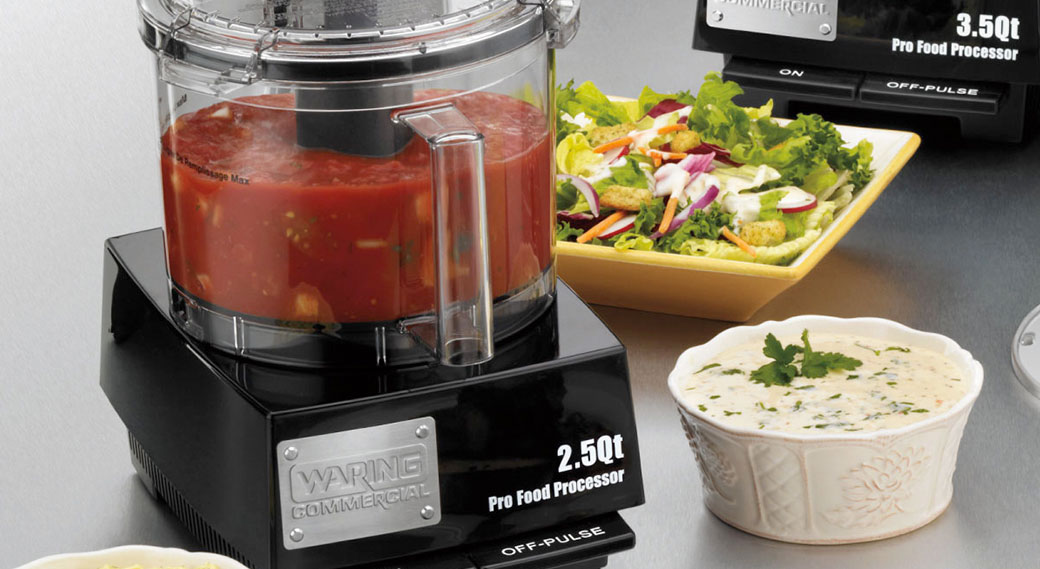If you're in the market for an industrial mixer, it can be overwhelming to navigate the numerous options available. With various types of mixers designed to handle different materials, the right choice for your operation depends on several factors. In this article, we look at key specifications and things to consider when choosing an industrial mixer, including the industrial ribbon mixer, industrial batch mixer, industrial powder mixer, industrial liquid mixer, industrial chemical mixer, and industrial food mixer.

1. Material Type
One of the most critical factors to consider is the material type you plan on mixing. Some industrial mixers are designed for specific materials, while others can handle multiple materials. An industrial ribbon mixer, for instance, is excellent for blending dry powders and granules. An industrial batch mixer, on the other hand, is ideal for mixing liquids, pastes, and viscous materials. Understanding the type of material(s) you need to mix is essential to finding the right industrial mixer.
2. Mixing Capacity
Apart from material type, it would be best to consider the required mixing capacity. Mixing capacity of industrial mixers can range from a few liters to thousands of liters. For larger operations, industrial mixers with high mixing capacities are essential since they increase productivity and reduce downtime.
3. Mixing Time
Mixing time is another critical factor to consider when choosing an industrial mixer. It refers to the amount of time taken to achieve a consistent mixture. Depending on the material type and mixing capacity, the mixing time can vary. However, industrial mixers with shorter mixing times are often preferable since they lead to better quality and consistency.
4. Power Consumption
Power consumption is an important consideration for industries that operate on a tight budget. Industrial mixers with high power consumption can lead to increased production costs. However, industrial mixers with high-powered motors are usually more efficient and get the job done faster, leading to lower operational costs.
5. Maintenance Requirements
Like any other piece of equipment, industrial mixers require regular maintenance to operate efficiently. It's essential to consider the maintenance requirements before settling on an industrial mixer. Industrial mixers with low maintenance requirements are generally preferred since they reduce downtime and increase productivity.
6. Special Features
Industrial mixers come with various features designed to meet specific needs. For instance, an industrial powder mixer may come with explosion-proof construction, which makes it ideal for hazardous environments. An industrial food mixer may come with sanitary features, making it preferable for food processing operations. Understanding the special features of industrial mixers can help you choose equipment that meets your specific needs.
In conclusion, selecting the right industrial mixer depends on several factors. It's critical to consider the material type, mixing capacity, mixing time, power consumption, maintenance requirements, and special features when choosing an industrial mixer. Industrial mixers are available in various types, including the industrial ribbon mixer, industrial batch mixer, industrial powder mixer, industrial liquid mixer, industrial chemical mixer, and industrial food mixer. Choosing the right type of mixer for your operation is crucial since it can lead to increased productivity, efficiency, and profitability.